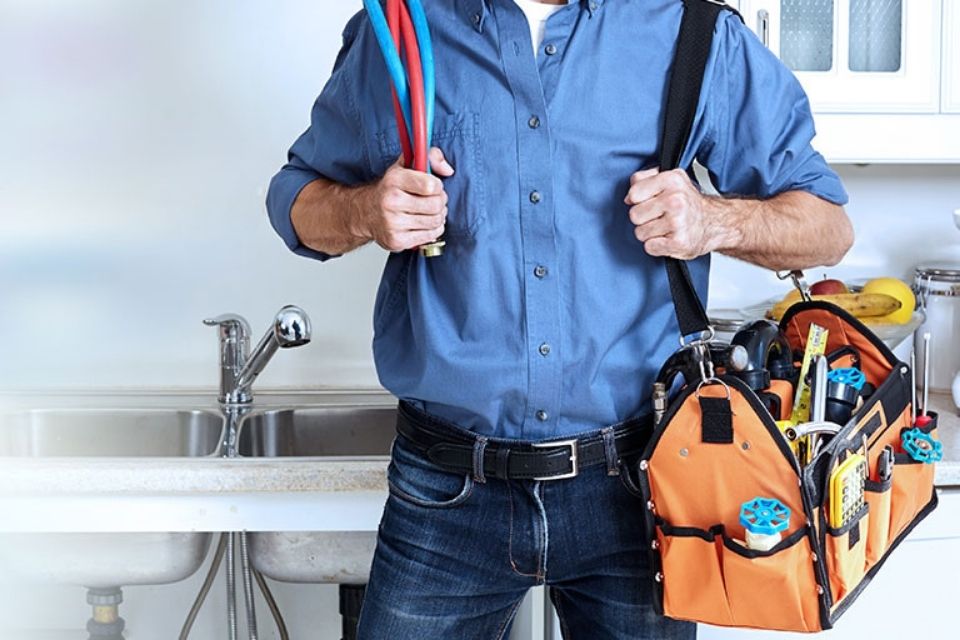

The price of materials is one of the largest factors when calculating the cost to repipe a house.

Your project may also include the cost to repair the main water line, which ranges from $350 to $1,550. The typical lead or polybutylene pipe replacement cost for an entire house leans toward the higher end of the price range. If you need to remove old lead or polybutylene pipes, expect to spend on the higher end. When repiping an existing home, you may also need to account for drywall and ceiling repair costs.

The type of pipe you choose and the size of your home are two of the biggest cost factors. If you already have a standing home but need to repipe it in its entirety, prices can range from $1,500 to $15,000. Ceiling repair costs generally run from $45 to $90 per square foot, while the cost to repair drywall is around $50 to $75 per square foot. Some jobs have too many unknown factors and will have to be done on time and materials, but they're few and far between," says Botelho.Īlso, assuming your plumber has to cut through the ceiling or drywall, you may need to hire a drywall contractor or handyperson to make repairs. This is “often an indication of a lack of confidence in themselves to complete the work on time and within a budget. "I would advise homeowners to exercise caution whenever hiring a plumber who wants to do every project on a time-plus-material basis rather than providing an upfront quote for the work,” says Jeff Botelho, Angi Expert Review Board member and Massachusetts-licensed journey-level plumber. This translates to total labor charges of around $1,260 to $5,600, which include demolition-such as cutting through ceilings and walls to access hidden piping-and removing old piping. Assuming you have a standard-size home with two bathrooms, a plumber will typically take 28 hours for the project. However, when providing a quote for a piping installation or replacement, a plumber will generally offer a per-project bid rather than bill you by the hour. Plumbers cost around $45 to $200 per hour, with hourly rates varying depending on the plumber's level of expertise. Many plumbing projects for existing homes may also require a permit. Part of the plumbing cost for a new house typically includes the permit price, which can range from $50 to $500. You may also need to factor in the cost of a permit. This inspection can run around $250 to $1,200, but it can save you thousands of dollars in unnecessary work if the plumbing inspector finds you only need a minor repair or no work at all. This inspection can tell you whether you need to replace all the plumbing, replace some of the plumbing, or take no action because there are no issues. Many plumbers offer a thorough inspection service where they go through all the plumbing in your home (which could amount to hundreds of feet) to gauge its condition and identify trouble areas. If you're unsure if your home requires pipe replacement or you're unclear on the extent of possible pipe damage, it's a good idea to reach out to a local plumber for advice before committing to whole-house replumbing. Smaller-diameter pipes (0.5 to 1 inches) are common for carrying water, while larger-diameter pipes (1 1/2-plus inches) are often used for waste drainage and are more expensive. Supply and Drain Line SizeĪnother factor impacting the cost to replace plumbing in an old house is the size of the supply and drain lines. For example, piping made of copper costs more than chlorinated polyvinyl chloride (CPVC). The piping type you choose has a direct effect on materials costs. Pipes behind drywall are easy to access, but pipes in crawl spaces or under concrete are more difficult to work on. The location of your plumbing pipes affects the project's total cost due to access issues.

The more fixtures you have, the more you'll pay. Plumbing fixtures include sinks, toilets, showers and tubs, water heaters, and washing machines. Number of Plumbing FixturesĮach fixture or appliance in your home that requires plumbing contributes to the installation cost of a new pipe. Larger homes with more bathrooms, wet bars, hot tubs, and even second kitchens will also cost more because of the additional fixtures. Single-story homes generally cost less to repipe than two-story homes because the latter requires more material to reach bathrooms and other plumbing fixtures on the upper floor. The most significant considerations are your home size, how many plumbing fixtures you have, the location of your existing pipes, and the cost of materials.
#Plumber cost install#
Several factors impact the cost to install or replace plumbing in your home. Find hiring guides, material costs, expert advice, how-to's and more.


 0 kommentar(er)
0 kommentar(er)
